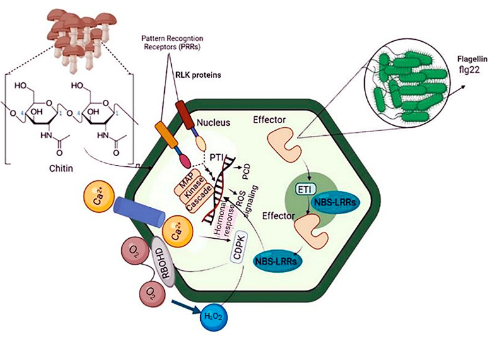Negotiating Healthcare in Humanitarian Contexts
Introduction
As a healthcare professional working in humanitarian settings, negotiating becomes an integral part of your daily responsibilities. But what exactly does negotiation in these contexts entail? Humanitarian negotiation is any interaction between humanitarian personnel and an interlocutor to establish and maintain the presence of a humanitarian organization, ensure humanitarian access to people in need, and provide protection and assistance. These negotiations have a relational component, focused on building an ongoing relationship of trust, and a transactional component, focused on establishing and agreeing on the specific terms and logistics of humanitarian operations.
Understanding Humanitarian Negotiation
Humanitarian healthcare workers often find themselves negotiating for the provision of health services to populations in need, the modalities of health interventions, the presence and acceptance of their organization, the protection of medical missions, and day-to-day negotiations with patients, community leaders, and families of patients. These negotiations are unique and differ from broader humanitarian negotiations due to the immense pressure under which healthcare personnel operate, the urgency of life-and-death situations, and the need to work within health systems with limited capacity or damaged infrastructure.
The Challenges of Healthcare Negotiations
Negotiating healthcare in emergencies presents several challenges:
- Assertive Governments and Bureaucratic Impediments: Governments and health authorities can create bureaucratic hurdles, such as difficulties in importing drugs and medical equipment or barriers to staff recruitment, to control and restrict humanitarian action.
- Engaging with Non-State Armed Groups: Access to conflict or disaster-affected areas often requires engaging with non-state armed groups. National legal frameworks, counter-terrorism laws, and sanctions can impede these interactions, requiring careful explanations of the organization’s mandate and humanitarian principles.
- Politicization of Health: Humanitarian health actors operate in politically charged environments where access may be granted or restricted by forces in control of territories. Blocking the provision of life-saving medical assistance is sometimes used as a weapon.
- Misinformation and Hate Speech: Social media can amplify negative messages about humanitarian operations, spreading rumors that healthcare workers have harmful intentions. Community-based approaches and disseminating accurate information are crucial in these cases.
Seven Practical Tips for Negotiating Healthcare
Experienced humanitarian workers have shared several strategies to help navigate these complex negotiations:
- Aim to Build a Relationship: Humanitarian negotiations require trust-building, an open mind, and flexibility. Regularly engage with your counterpart through calls, texts, emails, or face-to-face meetings. Keep a humble and curious attitude, get to know your counterpart beyond their official titles, and accept that they may have a different position.
- Understand Your Context and the Local Culture: Norms around health vary greatly between cultures. Get as much information as possible about the social, political, and religious aspects of illness and health in the context where you work. This understanding helps engage communities effectively and develop culturally appropriate interventions.
- Have a Clear Negotiation Objective and Build Towards It in Milestones: Identify your objective and establish small milestones to work towards it. Consider any concessions you are willing to make and adapt your ideal outcome to the reality in front of you.
- Have Clear Red Lines: Establishing clear non-negotiable boundaries helps maintain the integrity of your mission. For example, ensure impartiality in services to avoid favoring one group over another, which helps guarantee safety and demonstrates neutrality.
- Acknowledge the Political Nature of Healthcare Negotiations: Understand that healthcare emergencies in humanitarian contexts are politically charged. Humanitarian negotiations can move between political, professional, and technical levels. Recognize the level your counterpart feels more leverage and strategically navigate the conversation to a level where you feel more comfortable.
- Monitor Local Perception: Once you start implementing your operation, monitor how it is received. Being attuned to the community’s sentiments can help address their pain points and build your organization’s legitimacy.
- Negotiate as a Team: Negotiation teams should leverage different levels of expertise and skills. Depending on the issue, identify the right person to lead the negotiation. Consider factors like institutional mission, competence, personal features, adaptability, and connections with networks of influence.
Conclusion
Healthcare negotiations in humanitarian contexts are complex and require a delicate balance between compromise and adherence to humanitarian principles. These negotiations involve life-and-death situations and culturally sensitive conversations. By building trust, understanding local contexts, setting clear objectives and red lines, acknowledging the political nature of negotiations, monitoring local perception, and working as a team, healthcare professionals can navigate these challenging environments effectively. The strategies shared by experienced humanitarian negotiators provide valuable insights that can help healthcare workers achieve successful outcomes in their missions.








